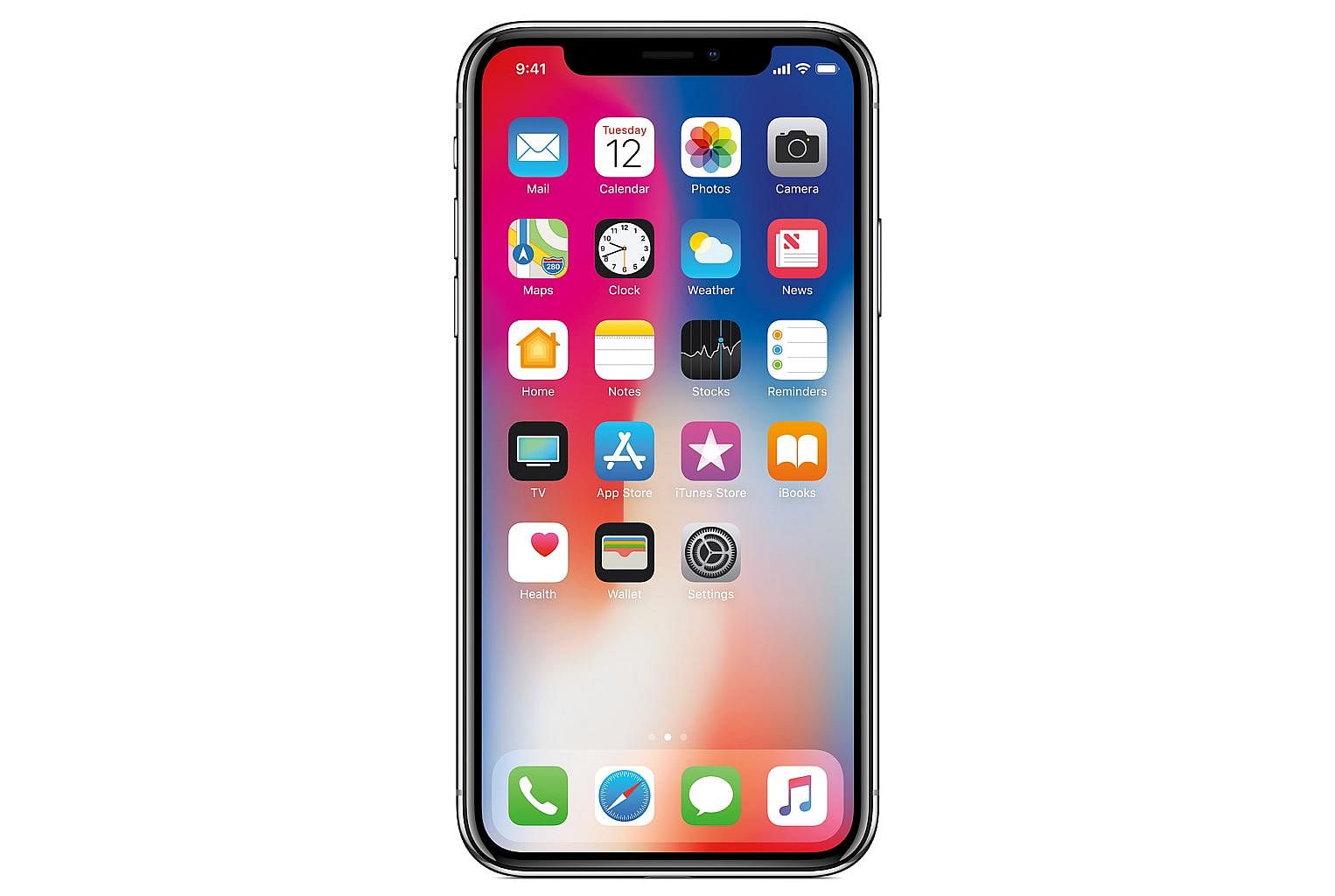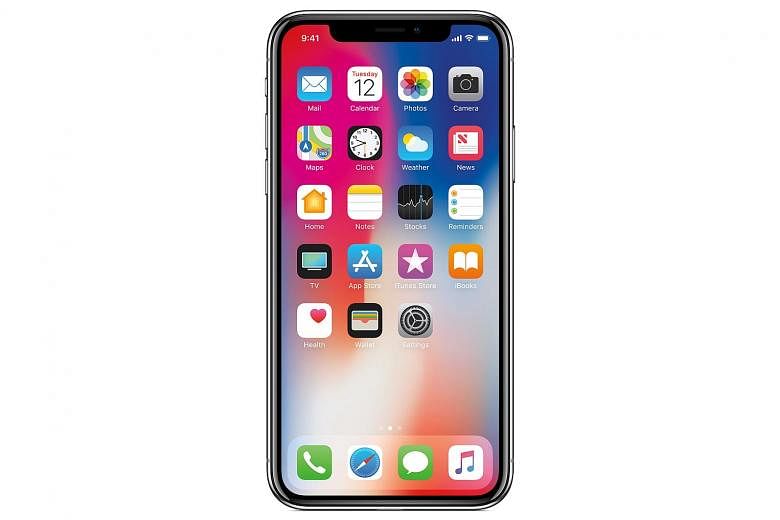For years, conspiracy theorists have argued that Apple, in an effort to force users to upgrade, is deliberately slowing down the performance of older iPhones.
Last week, the Cupertino technology giant admitted that it has indeed slowed down older iPhones with software updates.
However, this is not to force users to upgrade, but to protect the iPhone's pricey internal components from failing batteries' unstable power surges, which might lead to the device shutting down by itself.
To avoid that, Apple has decided to throttle down the speed of the iPhone's processor instead. This way, users can continue to use their iPhones without having to upgrade.
But never mind that. For conspiracy theorists and Apple haters, their claims have now been validated.
For me, it is ironic that Apple's effort to ensure the longevity of its phones has been turned against it.
Understandably, some iPhone users are unhappy that their iPhones will slow down over time, and they have been registering their anger on Facebook and Reddit.

I find it ridiculous that people do not expect their gadgets to slow down or fail over time. If that were the case, we should not be asking our employers or companies to upgrade work computers or laptops.
I usually carry an Android smartphone for testing purposes. And I find my Android devices slowing down after a year or so, too. To make matters worse, while there are frequent updates for iOS, Android smartphone makers are usually slow to provide updates (unless you are using a Google Pixel smartphone).
I think Apple is not wrong in slowing down older iPhones, but I think it should have been upfront about the battery issue.
Now, it just looks as if Apple was being forced to make a statement in response to benchmark software Geekbench's developer John Poole, who provided the cold, hard evidence last week.
Users should have a right to know that the performance issues are related to a failing battery.
As Mr Poole said in a blog post, a simple change of battery will allow the older iPhones to return to their optimal performance.
It is no wonder that consumers think that Apple is trying to trick them into upgrading their smartphones.
Withholding such information certainly does not help Apple's cause. It is bad publicity, too, and a taint upon its legendary customer service and support.
CNBC's technology product editor Todd Haselton suggested that Apple should replace iPhone batteries at no charge to guarantee users a "certain level of performance for the lifetime of a product".
This is a tad extreme, as not all iPhones' performance issues might be related to the battery.
What I would like to see, though, is for Apple to be more transparent in future with such software or hardware issues, so consumers can make a more informed decision.
I think consumers will not fault smartphone makers for natural wear and tear - but they will fault them for not telling the truth.


